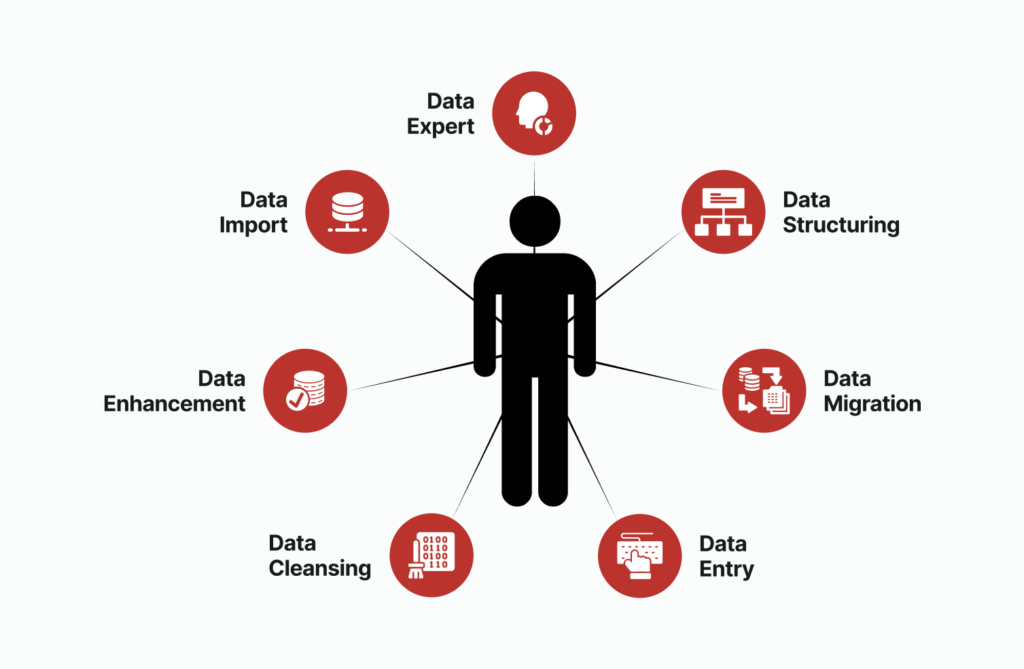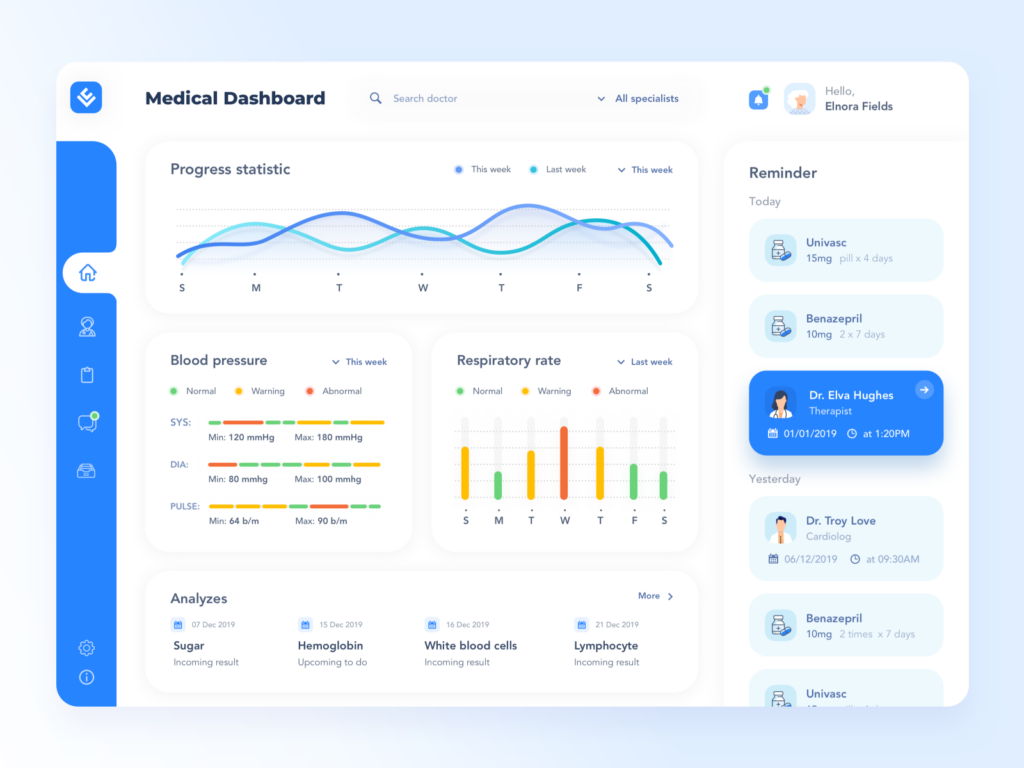Healthcare
Tech Custom Software
Custom software development and data management for Healthcare Tech companies, Hospitals, and Medical Practices.

Simplifying Software Development for the Healthcare Industry
Sparkfish provides the expertise and human capital necessary to tackle complex software and data management challenges. Our goal is to find the best path to solving complex problems.
How We Can Help
Our Client, a startup who provides SaaS based EHR software to ambulatory care specialty clinics came to us to help reduce their cost of development and create a more scalable business model.
Through a combination of our Development and Management Consulting Teams we were able to reduce their development costs by approximately 50%.

Solving Complex Software & Data Challenges
What Others Have To Say
FAQ
Healthcare Technology Services
Healthcare interoperability refers to the ability of different healthcare information systems and applications to exchange and use patient data seamlessly and efficiently. It involves the exchange of health information among healthcare providers, patients, and other stakeholders, regardless of the software or system used.
Interoperability allows healthcare providers to access the right information at the right time to make informed clinical decisions, improve patient outcomes, and reduce costs. It can also enhance the patient experience by allowing them to share their health information with providers and caregivers.
Healthcare interoperability can be achieved through the use of standard formats for exchanging health information, such as HL7 (Health Level Seven) or FHIR (Fast Healthcare Interoperability Resources), and by ensuring that different systems can communicate with each other using these standards. Additionally, interoperability requires data security, privacy, and consent management to protect patients’ health information.
Data management refers to the process of collecting, storing, organizing, and maintaining data, while data analytics involves the extraction of useful insights and knowledge from that data. Together, data management and analytics enable organizations to make informed decisions, solve complex problems, and optimize their operations.
Data management involves a range of activities such as data entry, quality control, data warehousing, and data governance. The goal is to ensure that data is accurate, complete, secure, and accessible. This includes developing and maintaining databases, data warehouses, and data lakes that can store large amounts of data in a structured and efficient manner.
Data analytics, on the other hand, involves using various techniques to analyze data and extract insights that can be used to improve business processes, products, and services. This includes statistical analysis, machine learning, data mining, and data visualization. By analyzing data, organizations can identify patterns, trends, and correlations that can help them make better decisions and gain a competitive advantage.
Overall, data management and analytics are critical components of any organization’s data strategy. By effectively managing and analyzing data, organizations can unlock valuable insights, improve operational efficiency, and drive innovation.
